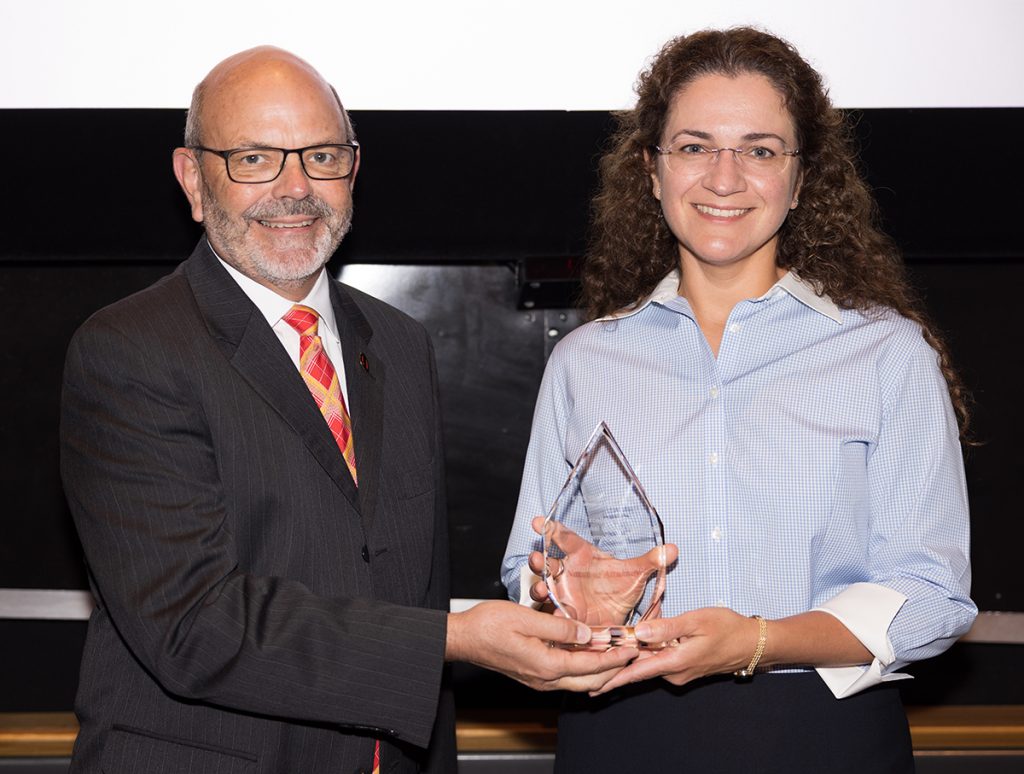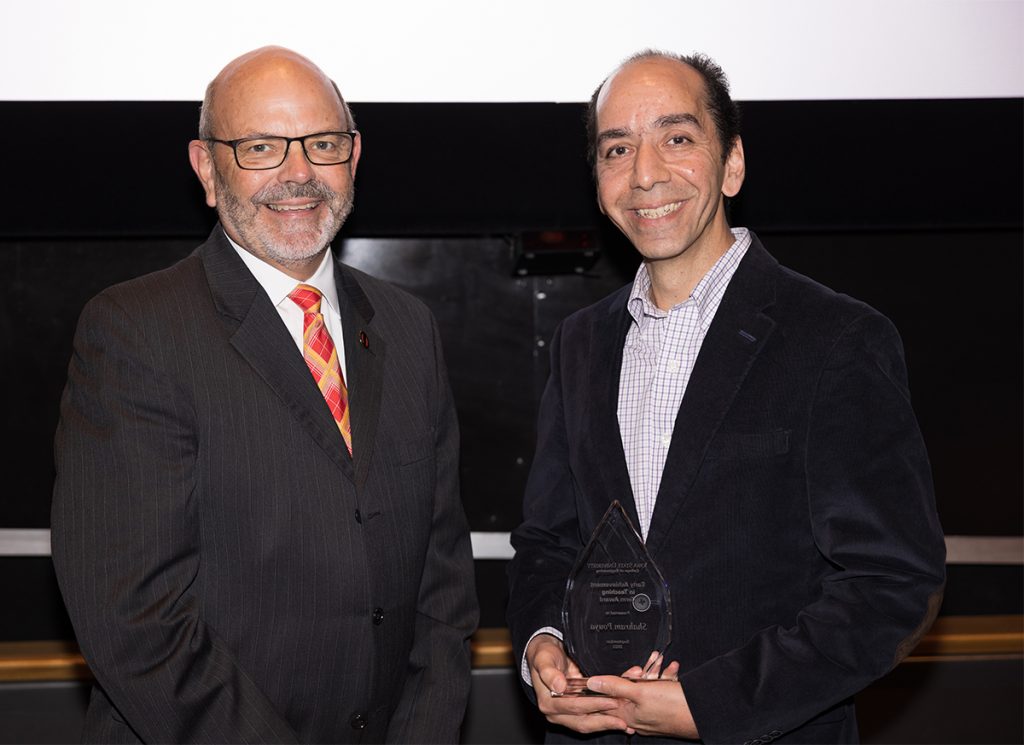Dr. Pouya received his Ph.D. in Mechanical Engineering in 2018 from Michigan State University and has 29 publications and over $700,000 in funding in the general area of experimental fluid mechanics. Pouya has developed and revised three courses over the past four years: AER E 310, Aerodynamics I, Incompressible Flow; AER E 411, Aerospace Vehicle Propulsion; and AER E 344, Aerodynamics & Propulsion Laboratory. In 310 he has introduced educational videos to help students better visualize aerodynamics concepts. In 344 he led the effort to replace most of the instruments used in the lab and has recorded videos of experiments to allow students to watch them before coming to the lab.

